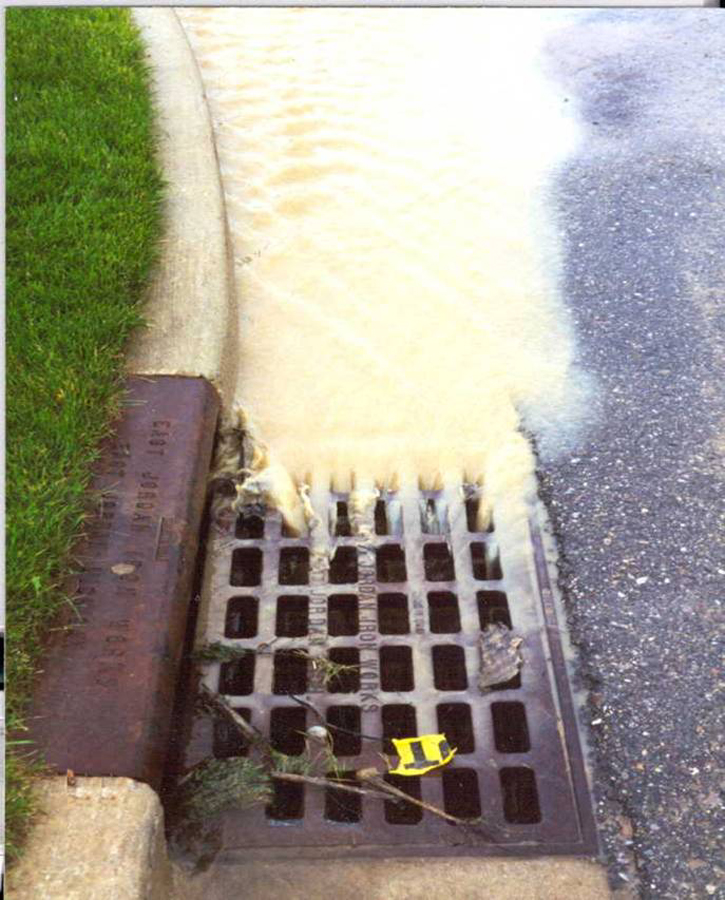
The State of Michigan recently decided to significantly change state stormwater regulatory policy by removing the 2008 general stormwater permits. These permits establish regulations for municipalities to attempt to control pollutants entering our river and streams from stormwater pipes. The permits address everything from public education (much of which drives the messages HRWC promotes) to spill response and construction site runoff control.
According to Bill Creal, the Chief of the Water Division within the Department of Environmental Quality, the state removed the 2008 permits to end the legal dispute with a number of municipalities (primarily in southeast Michigan) who contested the permit in a lawsuit. Regulations now revert back to an older, expired permit that originally took effect in 2003, until a new permit can be developed. The 2003 permit had fewer requirements and controls which now creates confusion for those who were attempting to comply with the newer permit. Further, some municipalities recently filed another lawsuit against the state challenging the 2003 permit as well in an effort to eliminate local regulation of stormwater entirely.
Despite this attempt to move away from stormwater regulation, HRWC continues to work with many municipalities, especially in Washtenaw and Livingston counties, that share the belief that they have a responsibility to address the impacts on our water resources caused by stormwater infrastructure. HRWC encourages you to call your local elected officials to find out what their position is on stormwater policy.



